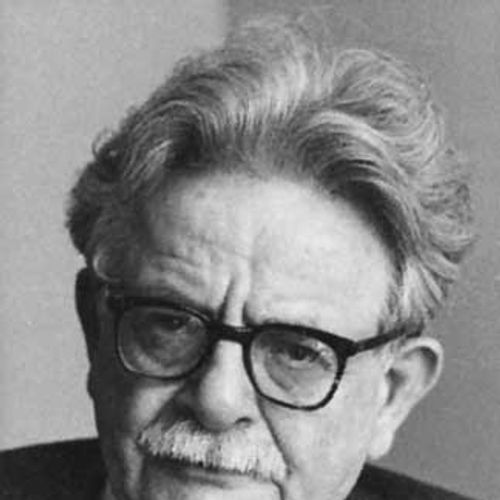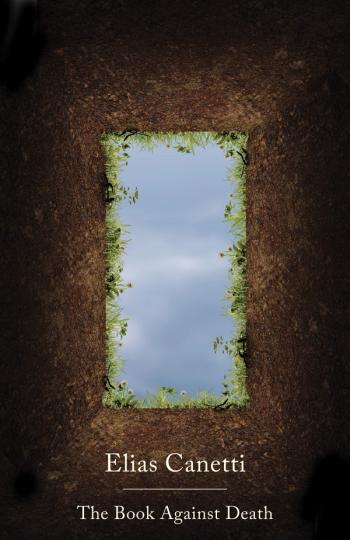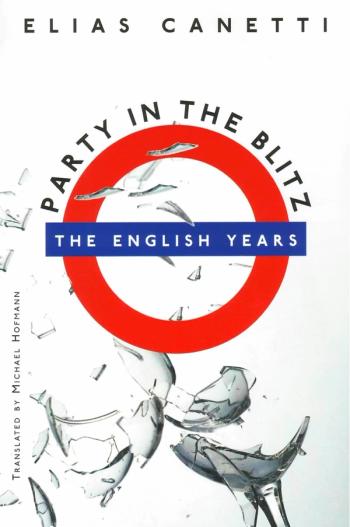Elias Canetti
Elias Canetti was born in 1905 into a Sephardi Jewish family in Ruse, Bulgaria. In 1981, Canetti was awarded the Nobel Prize in Literature for “writings marked by a broad outlook, a wealth of ideas, and artistic power.” His best-known works include his memoirs The Tongue Set Free, The Torch in My Ear, The Play of the Eyes, and The Party in the Blitz; the novel Auto-da-Fé; and the nonfiction book Crowds and Power.


